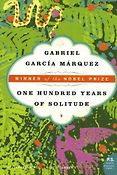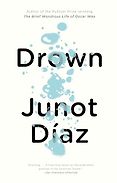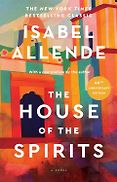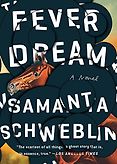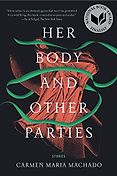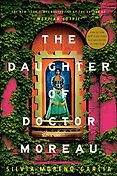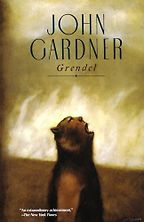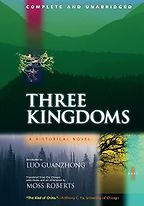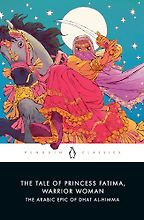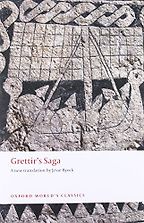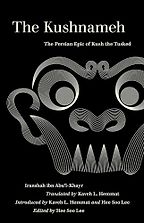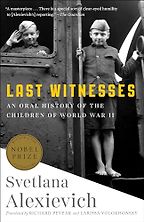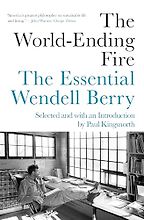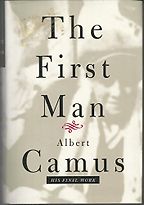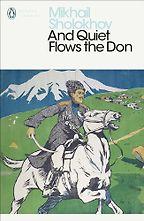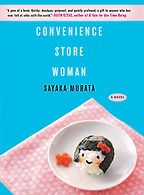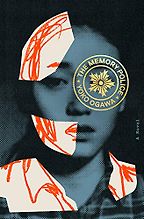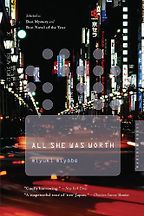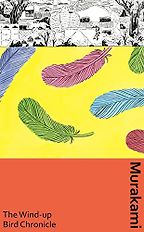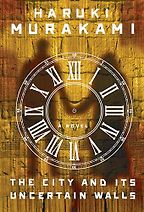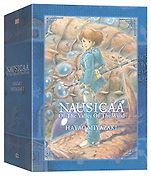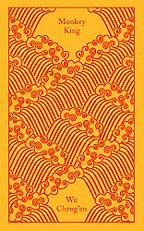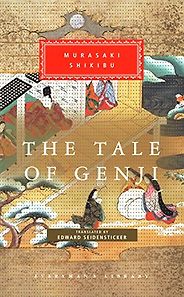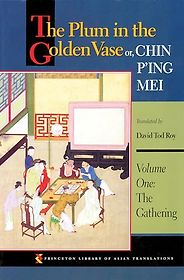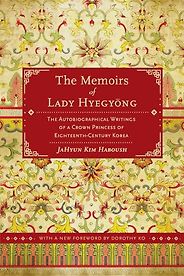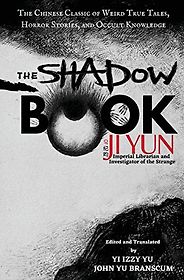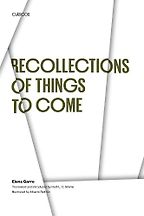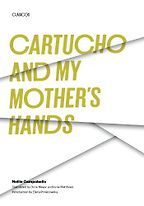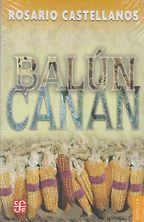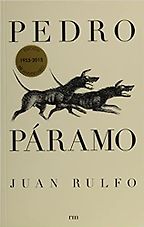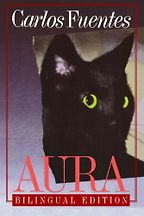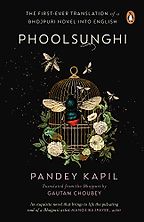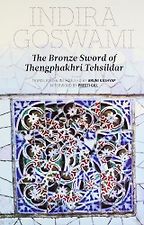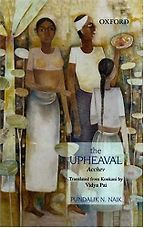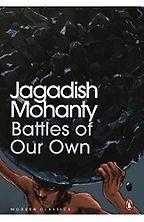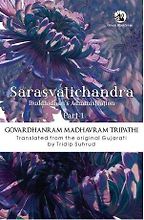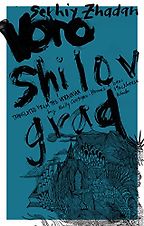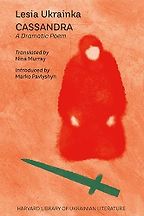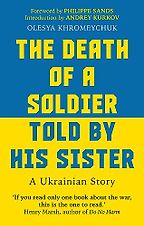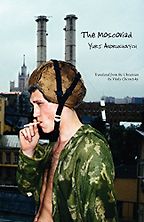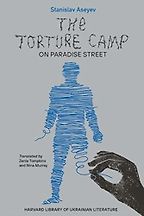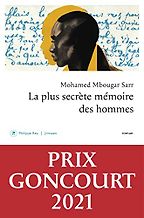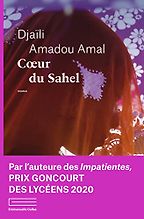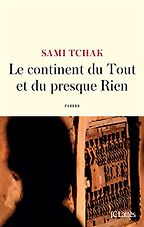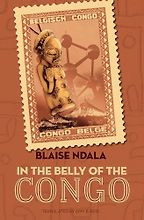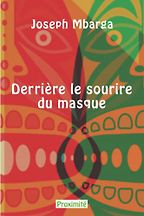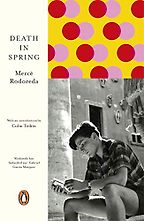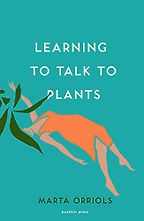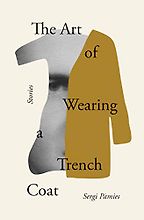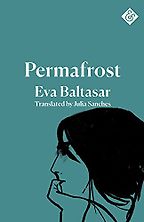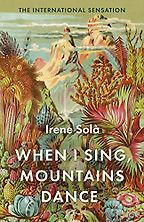World Literature
Last updated: February 02, 2026
There's nothing better to take you around the world than the literature of different countries. From Italian to Indonesian, Georgian to Japanese, Pakistani to Palestinian, we're gradually covering literature from around the world. If you'd like to read recent novels from around the world, but don't much mind which country, we also cover the International Booker Prize, awarded annually for the best novel translated into English. Our list of the best books by Nobel Prize in Literature winners is also refreshingly global in scope.
Turning to specifics, in European literature we have recommendations of: The best classic French novels, the best contemporary Scandinavian literature, the best Italian novels, landmark Scottish literature, the best Belgian novel, and the best literature depicting the real Greece. Further east we have the best of Georgian literature.
In Asian literature, we have recommendations of the best modern Japanese literature, Indonesian literature, some of the classics of Chinese literature, as well as Chinese dissident literature and contemporary Chinese Fiction. We also have the best Indian novels.
In African literature, we have Nigerian novels, novels from Francophone Africa and the best South African fiction.
In Middle Eastern literature we have the best contemporary Egyptian fiction and best Israeli fiction as well as the classics of Arabic literature.
In Latin American literature, we have recommendations of the best Cuban novels, Mexican novels, Colombian novels as well as the best novels from Latin America and Hispanic Authors.
For Australasia, we have the best Australian novels and Australian crime fiction.
We also have selections specifically on the best of English literature, American literature, and Russian literature.
-

1
One Hundred Years of Solitude
by Gabriel García Márquez, translated by Gregory Rabassa -

2
Drown
by Junot Díaz -

3
The House of the Spirits
by Isabel Allende -

4
Fever Dream: A Novel
by Samanta Schweblin, translated by Megan McDowell -

5
Her Body and Other Parties: Stories
by Carmen Maria Machado -

6
The Daughter of Doctor Moreau
by Silvia Moreno-Garcia
Books by Hispanic Authors, recommended by Experts on Five Books
Books by Hispanic Authors, recommended by Experts on Five Books
Hispanic Heritage Month runs from 15 September to 15 October every year in the United States. To mark the occasion, we’ve put together a reading list of books by Hispanic authors—both in the US and elsewhere—that have been recommended by our expert interviewees over the years.
-

1
Grendel
by John C. Gardner -

2
Three Kingdoms: A Historical Novel
by Luo Guanzhong & Moss Roberts (translator) -

3
The Tale of Princess Fatima, Warrior Woman: The Arabic Epic of Dhat al-Himma
translated by Melanie Magidow -

4
Grettir's Saga
by Jesse Byock (translator) -

5
The Kushnameh: The Persian Epic of Kush the Tusked
by Iranshah ibn Abu'l-Khayr & translated by Kaveh L. Hemmat
Five Timeless Books Rooted in Oral Storytelling, recommended by Tuva Kahrs
Five Timeless Books Rooted in Oral Storytelling, recommended by Tuva Kahrs
Long before we published books, tales were told around the campfire, or recited by a professional one episode at a time. So why not go straight to the wellspring of literature, and read stories so good they have been told and re-told for centuries? Here, Five Books contributing editor Tuva Kahrs recommends timeless books that began life in oral storytelling traditions from around the world, whose themes have resonated through the ages.
Modern Classics, recommended by James Rebanks
It’s notoriously difficult to recognise great works of literature at the time of publication, but certain books come to the fore as ‘modern classics’: exceptional texts that will stand the test of time. We asked James Rebanks, the Lake District shepherd and celebrated author, to recommend five books that deserve the label.
-

Convenience Store Woman: A Novel
by Sayaka Murata -

The Memory Police
by Yōko Ogawa, translated by Stephen Snyder -

All She Was Worth
by Alfred Birnbaum (translator) & Miyuki Miyabe -

The Wind-Up Bird Chronicle
by Haruki Murakami & translated by Jay Rubin -

The City and Its Uncertain Walls: A Novel
by Haruki Murakami
Books By Japanese Authors
Books By Japanese Authors
Japanese literature has always performed strongly on Five Books, so we’ve put together an overview of some of the books on our site by Japanese authors that have previously been recommended by our expert interviewees—from contemporary novels shortlisted for the International Booker Prize to classic works of literature, and everything in between.
-

1
The Tale of Genji
by Murasaki Shikibu & translated by Edward G. Seidensticker -

2
Monkey King: Journey to the West
Wu Cheng'en, translated by Julia Lovell -

3
The Plum in the Golden Vase (Volume One of five)
by Anonymous & translated by David Tod Roy -

4
The Memoirs of Lady Hyegyong
by Lady Hyegyong & translated by JaHyun Kim Haboush -

5
The Shadow Book of Ji Yun
by Ji Yun & translated by Yi Izzy Yu and John Yu Branscum
Five East Asian Classic Books Worth Reading, recommended by Tuva Kahrs
Five East Asian Classic Books Worth Reading, recommended by Tuva Kahrs
Want to read something that won’t feel out of date next year? Something from a different time and place, but with universal resonance? Five Books contributing editor Tuva Kahrs picks five classic books from China, Japan and Korea that have stood the test of time, from a blockbuster adventure novel to a murderous memoir.
-

1
Recollections of Things to Come
by Elena Garro, translated by Ruth L.C. Simms, illustrated by Alberto Beltrán -

2
Cartucho
by Nellie Campobello, translated by Doris Meyer -

3
Balún Canán
by Castellanos Rosario -

4
Pedro Páramo
by Juan Rulfo, translated by Margaret Sayers Peden -

5
Aura
by Carlos Fuentes, translated by Lysander Kemp
Five of the Best Classic Mexican Novels, recommended by Ave Barrera
Five of the Best Classic Mexican Novels, recommended by Ave Barrera
We asked the award-winning Mexican novelist Ave Barrera—whose latest book, The Forgery, has recently been translated into English—to recommend five classic Mexican novels. Here she discusses her choices, which include books by Juan Rulfo, Elena Garro and Nellie Campobello.
-

1
Phoolsunghi
by Pandey Kapil, translated by Gautam Choubey -

2
The Bronze Sword of Tengphakhri Tehsildar
by Indira Goswami, translated by Aruni Kashyap -

3
The Upheaval
by Pundalik Naik, translated by Vidya Pai -

4
Battles of Our Own
by Jagadish Mohanty, translated by Himansu S. Mohapatra and Paul St-Pierre -

5
Sarasvatichandra
by Govardhanram Madhavram Tripathi, translated by Tridip Suhrud
The Best South Asian Novels in Translation, recommended by Jenny Bhatt
The Best South Asian Novels in Translation, recommended by Jenny Bhatt
The writer and translator Jenny Bhatt selects five key works of South Asian literature, all historical novels available in English translation, that showcase the richness and diversity of the region’s lesser known languages: from a modernist classic decrying the depradations of the coal mining industry to a ‘loose, baggy monster’ of a Victorian novel exploring utopian ideals.
-

1
Voroshilovgrad
Serhiy Zhadan, Reilly Costigan-Humes & Isaac Stackhouse Wheeler (translators) -

2
Cassandra: A Dramatic Poem
by Lesia Ukrainka & Nina Murray (translator) -

3
The Death of a Soldier Told by His Sister
by Olesya Khromeychuk -

4
The Moscoviad
by Yuri Andrukhovych, Vitaly Chernetsky (translator) -

5
The Torture Camp on Paradise Street
by Stanislav Aseyev, Nina Murray & Zenia Tomkins (translators)
The Best Ukrainian Literature, recommended by Sasha Dovzhyk
The Best Ukrainian Literature, recommended by Sasha Dovzhyk
Since Russia’s full-scale invasion of Ukraine last year, many people around the world have become more familiar with the country’s recent history, but many of us still don’t know much about its literary traditions. Academic and activist Sasha Dovzhyk introduces five works of Ukrainian literature, from an early 20th-century dramatic poem to devastating first-person accounts of the war that started in 2014.
Novels from Francophone Africa, recommended by Mutt-Lon
The award-winning Cameroonian novelist Mutt-Lon selects five of the best recent novels from Francophone Africa, including Mohamed Mbougar Sarr’s Prix Goncourt-winning La plus secrète mémoire des hommes. These novels, he notes—as with many others from West and Central Africa—are united by a common search for identity in post-colonial Africa.
-

1
Death in Spring
by Mercè Rodoreda, Martha Tennent (translator) -

2
Learning to Talk to Plants
by Marta Orriols, Mara Faye Lethem (translator) -

3
The Art of Wearing a Trench Coat
by Sergi Pàmies, Adrian Nathan West (translator) -

4
Permafrost
by Eva Baltasar & Julia Sanches (translator) -

5
When I Sing, Mountains Dance
by Irene Solà & Mara Faye Lethem (translator)
The Best Catalan Fiction, recommended by Gala Sicart
The Best Catalan Fiction, recommended by Gala Sicart
For a long time, Catalan fiction was eclipsed by books in Spanish but these days it’s flourishing, says translator and editor Gala Sicart. Here, she recommends four of the best contemporary Catalan novels and one book of short stories, from the classic Mercè Rodoreda to her 21st-century equivalent.
